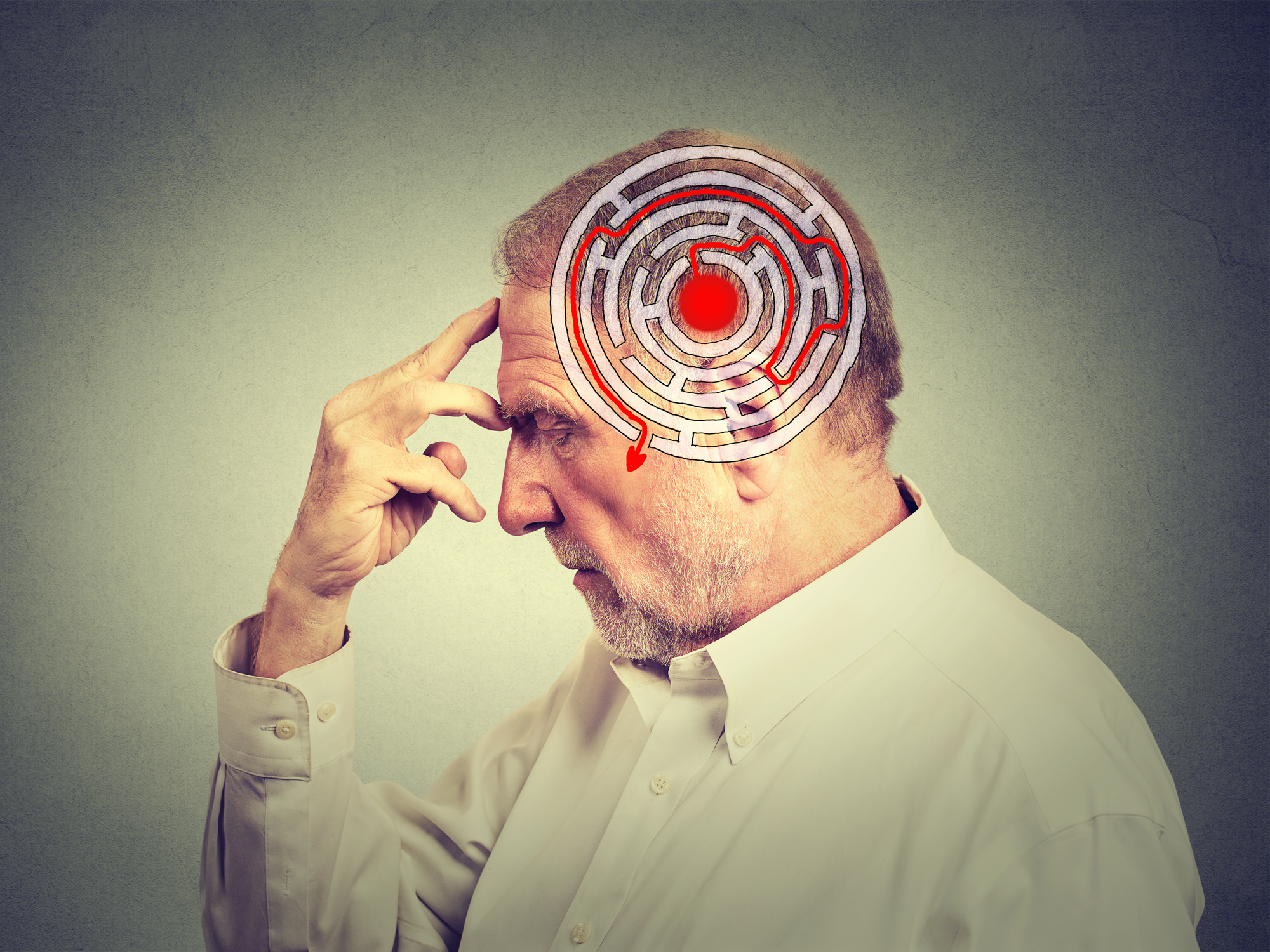Get Easy Health Digest™ in your inbox and don’t miss a thing when you subscribe today. Plus, get the free bonus report, Mother Nature’s Tips, Tricks and Remedies for Cholesterol, Blood Pressure & Blood Sugar as my way of saying welcome to the community!
When blood thinners lead to stroke

About 15 years ago, I got a call in the middle of the night… My mom had been rushed to the emergency room. She was unable to talk, her face was drooping and she couldn’t move the right side of her body… She had suffered a stroke.
It was one of the scariest times in my life as I watched her each day, unable to do even the most basic of things for herself… from brushing her teeth, bathing, even going to the bathroom. They put my mom on medication to thin her blood and try to stop another stroke from happening.
Luckily, she slowly regained all that she lost and is healthier today than she was so many years ago. However, that experience has never left me and the fear of suffering a stroke or watching another loved one go through that tragedy has left its imprint on me.
That’s why, I was so shocked to read how dangerous those anticoagulant blood thinners they gave my mom really are — in fact, they could just as easily cause stroke instead of preventing it in people with certain conditions…
The drugs that increase rather than cut your risk of stroke
It’s not uncommon for older adults, unfortunately, to have more than one health issue. That’s why it’s important to make sure doctors know all the medications you take… in case of problems caused by drug interactions.
But what about disease interactions? For these folks, polypharmacy — taking multiple drugs and having more than one health problem — could be downright deadly, as researchers at University College of London discovered…
The UCL research team set out to discover whether those anticoagulant prescription medications given to patients to supposedly prevent stroke actually helped or harmed, especially in light of other medical conditions the patients might have — like chronic kidney disease or irregular heartbeat.
So, they followed nearly 7,000 patients who suffered from these conditions — half of whom were on blood thinners and half not — for a period of almost 17 months.
Here’s what they found…
They found those on the medication were 2.6 times as likely as those not on blood thinners to have a stroke, and 2.4 times as likely to have a hemorrhage, or problems like bleeding in the brain.
So, in less than 17 months, those drugs meant to decrease the risk of stroke more than doubled the patients’ risk of severe, life-threatening medical emergencies for some patients.
“Chronic kidney disease is common among older people, and one in three people affected also have atrial fibrillation, commonly called an irregular heartbeat — and for that, they typically get prescribed blood thinners to reduce their risk of stroke. We found that in this particular group, their medication seems to do the opposite of its intended effect,” said the study’s first author, Dr Shankar Kumar (UCL Centre for Medical Imaging).
Reducing your risk of stroke naturally
Of course there are people who have also been helped by blood thinners, so if your doctor suggests them, hear him or her out. And never stop taking a prescribed medication without discussing it with your physician.
Just make sure the doctor is aware of any other health problems you may have. But still, there are other drugs, besides this one, that can have problematic effects…
You may have heard that proton pump inhibitors — medicines used to treat acid reflux — can greatly increase your risk of stroke.
So what can you do?
Well, if you are seeing more than one doctor for different health problems, make sure you communicate about all your medications and problems with them.
But, truthfully, when I get information like this, it gives me more resolve than ever to take as much care of my heart health and blood pressure as I can. Some of the things I do to keep from being at high stroke risk include…
- Promoting healthy blood pressure – High blood pressure can double or even quadruple your risk of stroke . You can help decrease that risk if you eat a healthy diet, with plenty of fish oils and other nutrients that promote healthy arteries, blood flow and blood pressure, like vitamin K2, grape seed extract and green tea extract.
- Exercise regularly – Being overweight is another risk factor for stroke and losing just 10 pounds can make a big difference. Watch your calorie intake and be sure to increase your activity level to improve your chances of dropping those extra pounds. Walking is a great exercise that doesn’t make your blood pressure go up, like some strenuous exercise can.
- Limit alcohol intake – Drinking more than two drinks a day significantly increases your stroke risk so only drink in moderation if at all.
Editor’s note: What do you really know about stroke? The truth is, only 10% of stroke survivors recover almost completely, and all doctors can offer is what to do after a stroke occurs. That’s unacceptable considering 80% of strokes are preventable! Click here to discover how to escape The Stroke Syndrome: 5 Signs it’s Stalking You — Plus the Hidden Causes and Preventive Measures You’ve Never Heard About!
Sources:
- Blood-thinning drugs designed to cut stroke risk may actually increase it — The Guardian
- 7 things you can do to prevent a stroke — Harvard University
3. Blood thinners may raise stroke risk in over-65s with kidney disease — University College London












